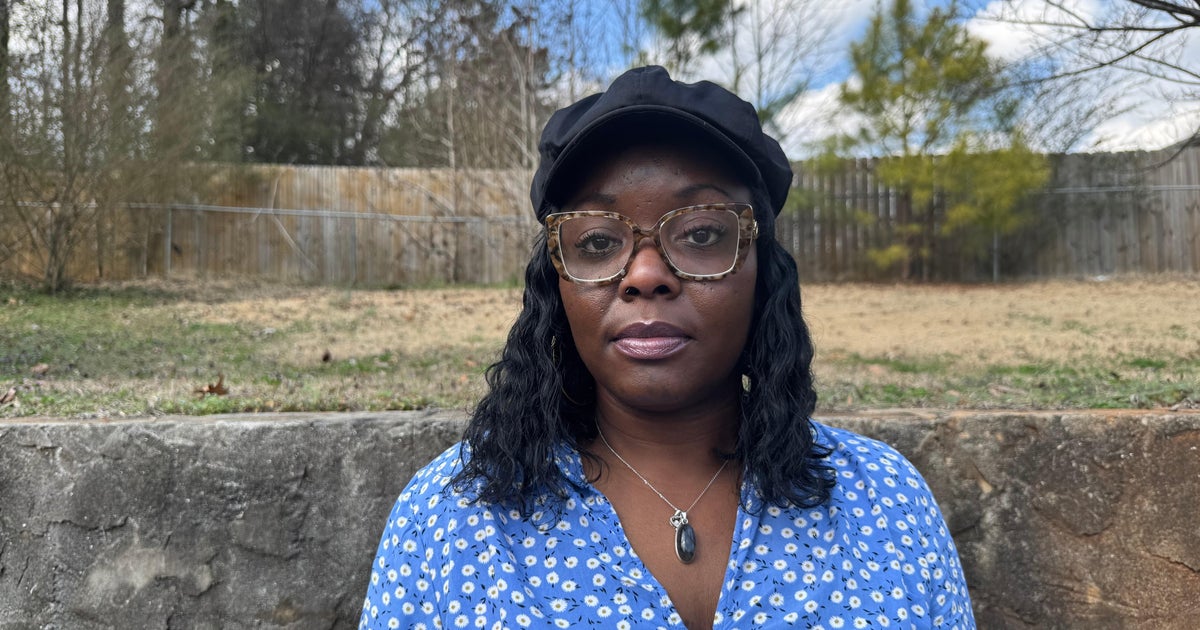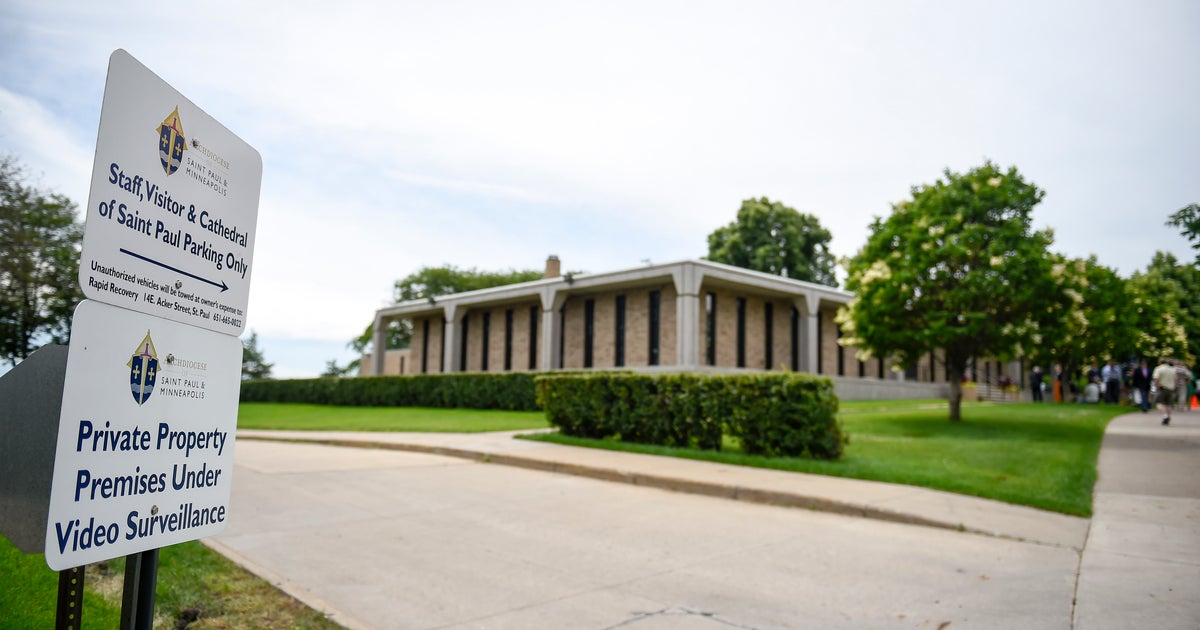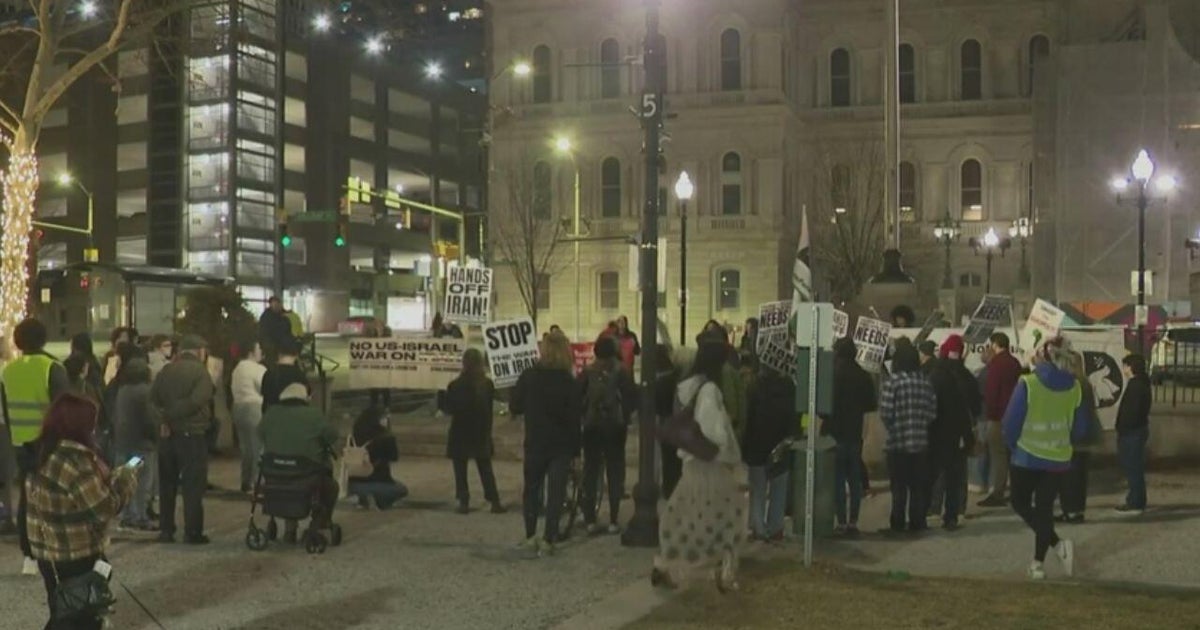"This is a great victory": Tribes, local leaders react to Indian Child Welfare Act ruling
MINNEAPOLIS -- Minnesota leaders and tribes are calling the Supreme Court's decision on the Indian Child Welfare Act a "great victory" for the Native American community.
On Thursday, the highest court in the nation declined to "disturb" the federal law that governs the process for the placement of Native American children in foster or adoptive homes, rejecting constitutional challenges to the law.
The court ruled 7-2 in the case known as Haaland v. Brackeen, which was brought by a birth mother, foster and adoptive parents, and the state of Texas. The challengers claimed the law exceeds federal authority, infringes state sovereignty and discriminates on the basis of race.
Minnesota Lt. Gov. Peggy Flanagan, who became the state's first Native American lieutenant governor in 2018, was among many local leaders and tribes responding to the decision.
"The U.S. Supreme Court did what's right for Native children and their families with its opinion today that upholds the Indian Child Welfare Act," she said.
Minnesota passed legislation this year that would keep ICWA policies in place in the state, despite the court's decision.
"Today's opinion affirms that we were right," she said. "I'm grateful for all the people who have told their stories over the decades to get us to this place - a decision that recognizes our sovereignty and protects our right to raise our babies. Those stories matter. We will keep telling our stories and we must ensure that our Native children remain with their families."
Leech Lake Chairman Faron Jackson Sr. released a short statement:
"This is a great victory for Indian country, our families, parents, grandparents and more importantly our children, and generations to come. We are so happy today on Leech Lake and in Indian country, so many tribes have worked so hard to keep our children in our family circles, to keep our identity, and culture strong and home with our people, I am so relieved, our prayers were answered."
Other tribes and organizations to respond to the news on social media include the Native American Community Development Institute, the Minnesota Indian Women's Resource Center, the Mille Lacs Band of Ojibwe and the Grand Portage Band of Lake Superior Chippewa.
Enacted in 1978, the Indian Child Welfare Act aims to keep Native American children connected to Native families by giving preference to those families or Native institutions during foster care and adoption proceedings that involve Native children. The law defines "Indian child" as not only one who is a member of a Native American tribe, but also one who is eligible for membership and the biological child of a tribal member.







